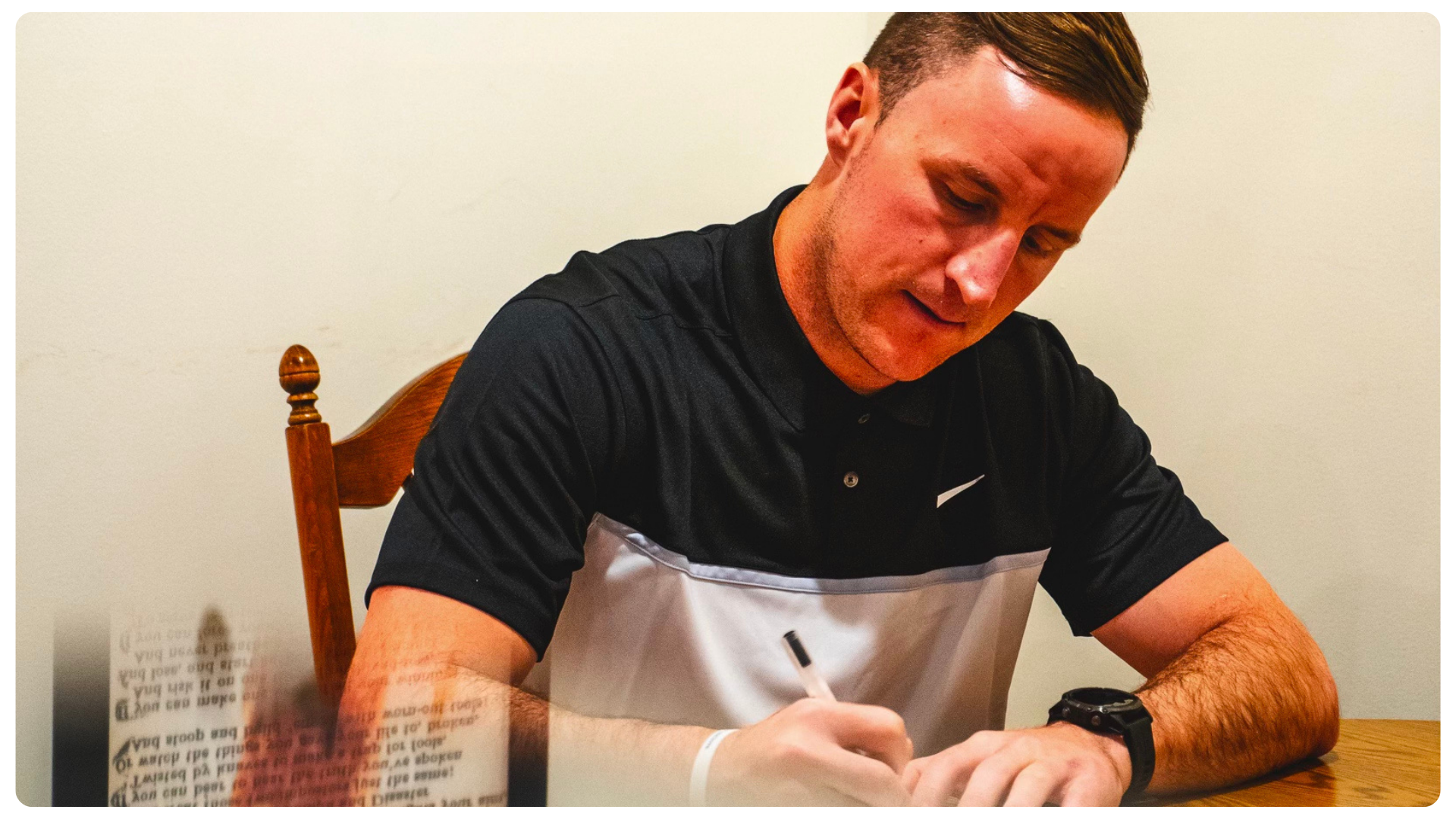Full Health is True Wealth
The Latin root of health is “wholeness.” Physical fractures, feelings of disconnection, and perceived separations in relationships cause illness....

Who before do. Identity catalyzes action. Once an individual decides, with his or her whole heart, who he or she wants to be, nothing can stop them.
What makes a river so restful to people is that it doesn't have any doubt. It is sure to get where it is going, and it doesn't want to go anywhere else.
– Hal Boyle, Pulitzer-prize-winning journalist
Creation of a timeless career transition framework requires attention toward individual development. Understanding the depth of tension and hardship brought upon by a career’s conclusion is mission-critical when formulating a reliable source of both information and inspiration for those in need.
The Six Human Needs by Tony Robbins and Abraham Maslow’s Hierarchy of Needs are viable considerations of an individual going through a career death and searching for a fresh start. Uncertainty overwhelmingly abolishes feelings of assurance, significance, connection, growth, and contribution.
In the same breath, those going through a career transition after thousands of hours dedicated to a previously specialized realm are yearning for psychological shelter — they lose senses of safety, belonging, esteem and desire to reach the top. After all, in many ways, they are forced to start a new journey somewhere closer to square one.
The following provides an action-provoking, practical guide to effectively transition.
Acceptance (Be aware)
I do not know who my grandfather was; I am much more concerned to know what his grandson will be.
– Abraham Lincoln
Curiosity (Be open)
A boy comes to me with a spark of interest. I feed the spark and it becomes a flame. I feed the flame and it becomes a fire. I feed that fire and it becomes a roaring blaze.
– Cus D’Amato, American Boxing Trainer of Mike Tyson
Transformation (Be courageous)
Transformation begins when pain of current circumstances outweighs pain of change.
– MG
Investment (Be intentional)
An investment in knowledge pays the best interest.
– Benjamin Franklin
Optimism (Be hopeful)
Everything can be taken from a man but one thing: the last of the human freedoms – to choose one’s attitude in any given set of circumstances, to choose one’s own way.
– Viktor Frankl, Man’s Search for Meaning
Now (Be present)
Do not dwell in the past, do not dream of the future, concentrate the mind on the present moment.
– Buddha
When should we accept, be curious, transform, invest, and be optimistic? Now.
Mark was born and raised in New Jersey where he became an elite high school student-athlete. He earned varsity letters as captain of his high school football, basketball and lacrosse teams and was elected into the National & Spanish National Honor Societies. He attended a post-graduate academic program at Deerfield Academy in Deerfield, MA before college where he earned his Bachelor of Arts degree in Economics from Yale University in New Haven, CT. He is currently a graduate student working toward his doctorate degree in Sport & Performance Psychology at San Diego University for Integrative Studies under Dr. Cristina Versari, Founder & CEO of SDUIS and former Head of Sport Psychology for the National Basketball Association. He is a Teaching Associate with Dr. Robert Gilbert, a Professor at Montclair State University (NJ) and a leading authority and author in the field of Applied Sport Psychology. Mark is currently the lead Mental Health & Wellness Player Advocate for the Premier Lacrosse League.
Mark is a Certified Fitness Trainer, Nutritionist, and Mental Performance Coach. He is currently pursuing a graduate degree in Sport & Performance Psychology at the San Diego University for Integrative Studies.
At Mark Glicini Peak Performance, we recognize that physical health reflects mental health. We study how intention drives behavior and emphasize that true peak performance requires an integrative approach—mind, body, and spirit.
As the Mark Glicini Meaningful Growth Foundation embarks on a journey of endurance and togetherness against the trials and tribulations brought upon by cancer, I state: every inch of my heart is in this.
Like so many, cancer has had a profound impact on my life. It took the lives of my grandfather and uncle before I was born. For years starting in 2011, I stood by my mother’s side as she battled and overcame lymphoma. Her fortitude, unwavering support from loved ones and God’s will triumphed amid extreme adversity.
Although we have not and may not win every fight, we will relentlessly strive to make an individual’s growth meaningful and to ensure his or her family feels cared for and supported. Thank you for your love, God Bless!

The Latin root of health is “wholeness.” Physical fractures, feelings of disconnection, and perceived separations in relationships cause illness....

“What do you know now that you wish you knew back then?” This is perhaps the most important question a student could ask a mentor or role model. If I...
.png)
The best embody the opposites — They listen and talk. They follow and lead. They dream and do. They are kind and tough. The are structured and...